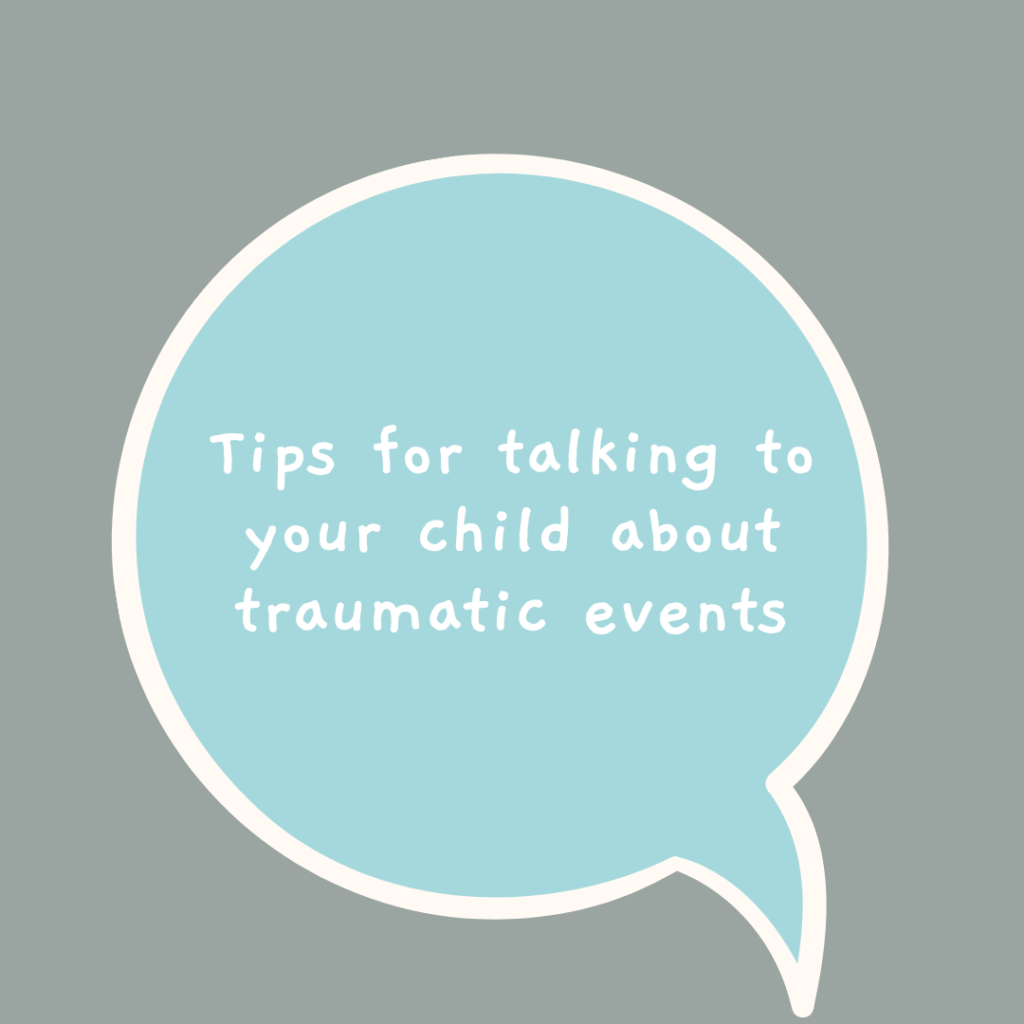
Please know that we have many resources to help you and are always available. Let us know if you need to speak with a pastor or you can also call our direct pastoral care line (469) 408-6682. We can also recommend other resources or services. If this is an emergency situation, please call 911 or 988 for the suicide and crisis lifeline.

As you speak with your child, here are some suggestions to keep in mind:
-Use clear, specific language about what has happened. Keep your explanation brief and as calm as possible.
-Use clear, specific language about what has happened. Keep your explanation brief and as calm as possible.
-Let your child ask questions and answer them as simply as you can. If you need to, it’s okay to say, “I don’t know how to answer that. Let me think about it and we can talk again.”
-Children react to loss with a variety of emotions. Many will want to maintain an environment of normalcy and maintain their predictable routine.
-Children react to loss with a variety of emotions. Many will want to maintain an environment of normalcy and maintain their predictable routine.
-Let them know that it is normal to have different types of feelings and that they may share any of those feelings with you at any time. It is okay to share that you are feeling sad as well.
-Your child may cling to you or express fear that you or another family member will die. Reassure your child that you take good care of yourself and that you act in ways that help keep you safe.
-It is normal for a child coping with stress to experience sleep disruption, changes in appetite, physical complaints such as headaches, irritability, or to display regressive behaviors such as thumb-sucking. They may also be reminded of prior losses.
(Adapted from McKinney ISD Counseling Department
-Your child may cling to you or express fear that you or another family member will die. Reassure your child that you take good care of yourself and that you act in ways that help keep you safe.
-It is normal for a child coping with stress to experience sleep disruption, changes in appetite, physical complaints such as headaches, irritability, or to display regressive behaviors such as thumb-sucking. They may also be reminded of prior losses.
(Adapted from McKinney ISD Counseling Department
Below you will find PDFs of articles about helping children and families with difficult situations or trauma.
- 5 Ways to Cope with the Stressful News Cycle
- Talking with Kids About News
- When Terrible Things Happen: For Students
- Talking to Children About Violence:
Tips for Parents and Teachers - Talking to Children About Violence: Tips for Parents and Educators Chart
- Promoting Compassion and Acceptance in Crisis
- Making Space for Hard Questions with Teens
- Death and Grief: Supporting Children and Youth
- Helping Children Cope With Loss, Death, and Grief Tips for Teachers and Parents
- Save a Friend: Tips for Teens to Prevent Suicide
- Suicide Prevention Resources for Survivors of Suicide Loss
- Preventing Youth Suicide: Tips for Parents & Educators
- Dealing with Grief with Teens
